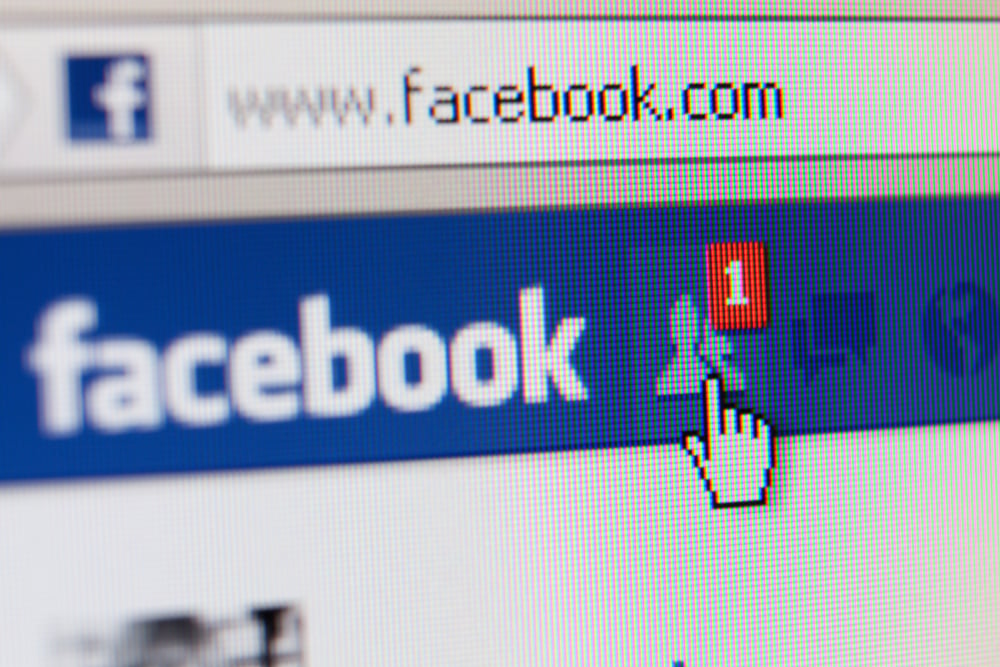
Facebook (NASDAQ:FB) stock continues to decline during Monday trading as more advertisers continue to join a growing boycott of the social media platform. The sell-off started on Friday, June 26 when Facebook stock dropped 8.3%. The two-day decline has decreased Facebook’s market value by $60 billion.
So far names like PepsiCo (NASDAQ:PEP), Coca-Cola (NYSE:KO), Starbucks (NASDAQ:SBUX), Unilever (NYSE:UN) and Verizon (NYSE:VZ) have all suspended their advertising in the United States. And it’s unlikely to stop there. “Stop Hate for Profit” the campaign that has already received a significant amount of support from U.S. companies is committed to take their battle worldwide in an effort to increase pressure on Facebook to remove hate speech.
The global aspect of this is significant when you consider that a company such as Unilever has only agreed to pause its U.S. spending. That accounts for approximately 10% of the estimated $250 million that the company spends annually advertising on Facebook.
A Billion Here. A Billion There. Soon We’re Talking Real Money.
Despite the walloping that Facebook stock is taking, at least one analyst seems non-plussed. Daniel Salmon an analyst for BMO Capital Markets says the boycott won’t significantly hurt Facebook’s revenue because the social media giant has over 8 million advertisers.
That’s a fair point. It also sounds a bit like damage control to me. This is a problem that isn’t going to go away anytime soon. And at some point, being subject to a potential loss of billions of dollars has to make a difference.
Worse, Facebook is already a company that regulators have been eyeing for its business practices. This is certainly going to increase pressure for reform. But what will that reform look like?
Are Facebook’s Troubles the Canary in the Coal Mine?
The combination of freedom of speech and social media has always been an incendiary mix. When you give anybody and everybody a platform to express their thoughts and feelings, what could possibly go wrong?
Facebook is finding out that plenty can go wrong, and the social media giant is now in a battle that could very well reshape how investors think about the social media business model.
Most social media platforms generate revenue because advertisers pay to list on their platforms. When you look at it from the advertiser’s point of view it makes sense. Their ads are seen by millions and millions of users. And the advertisers pay significantly less than they would from a commercial that airs on broadcast airwaves or cable.
This is why when companies like Facebook and Twitter (NYSE:TWTR) report their quarterly earnings investors pay attention to daily active users (DAUs) and monthly active users (MAUs). Because these numbers are the denominator (so to speak) for how companies assess how many viewers will be exposed to its ads.
Is This the Tip of a Larger Iceberg?
What’s happening today with Facebook is not completely unexpected. Companies are becoming increasingly mindful of their branding. While Facebook was a logical place to be in the digital space because of the sheer size of its audience, it always contained the inherent risk of exactly what is happening right now.
Companies are sensitive that by advertising with Facebook, they will be deemed guilty by association. But here’s where it gets complicated. Facebook has always walked the line between being a social media channel, but not an actual broadcaster. As such, Facebook has never wanted to appear to be censoring its content.
Now, advertisers are telling Facebook to censor their content or lose them as an advertiser. That will have more impact than any government regulation. But it may also have a profound impact on Facebook stock.
For its part, Facebook says that it has made an investment in artificial intelligence (AI) that allows it to find 90% of hate speech before users report it.
But this invites two other questions for investors. What will be constituted as hate speech? And will that drive users away from the platform?
Is Facebook a Good Investment?
Facebook generates $70 billion in advertising sales and about a 25% of that comes from large companies such as Starbucks. But the vast majority still comes from small businesses that may be less inclined to pull the plug. However, those companies are probably going to be unable, or unwilling, to pick up the slack left from the larger advertisers. I don’t see a scenario where Facebook doesn’t face, at best, flat revenues for several quarters.
That being said, Facebook should be able to weather the short-term impact of this controversy. And there is a potential that this may turn into a tremendous buy on the dip opportunity that investors will brag about later.
But it’s unlikely that the boycott will have no lasting impact. The concerns about Facebook stock that I’m expressing may be years down the road. They may not happen at all, but I doubt it. Experienced investors know that trends tend to emerge when most investors aren’t paying attention. The simple fact is that social media has always been built on a shaky revenue foundation. This may be the first test of how unstable that foundation really can be.
Before you make your next trade, you'll want to hear this.
MarketBeat keeps track of Wall Street's top-rated and best performing research analysts and the stocks they recommend to their clients on a daily basis.
Our team has identified the five stocks that top analysts are quietly whispering to their clients to buy now before the broader market catches on... and none of the big name stocks were on the list.
They believe these five stocks are the five best companies for investors to buy now...
See The Five Stocks Here
With the proliferation of data centers and electric vehicles, the electric grid will only get more strained. Download this report to learn how energy stocks can play a role in your portfolio as the global demand for energy continues to grow.
Get This Free Report